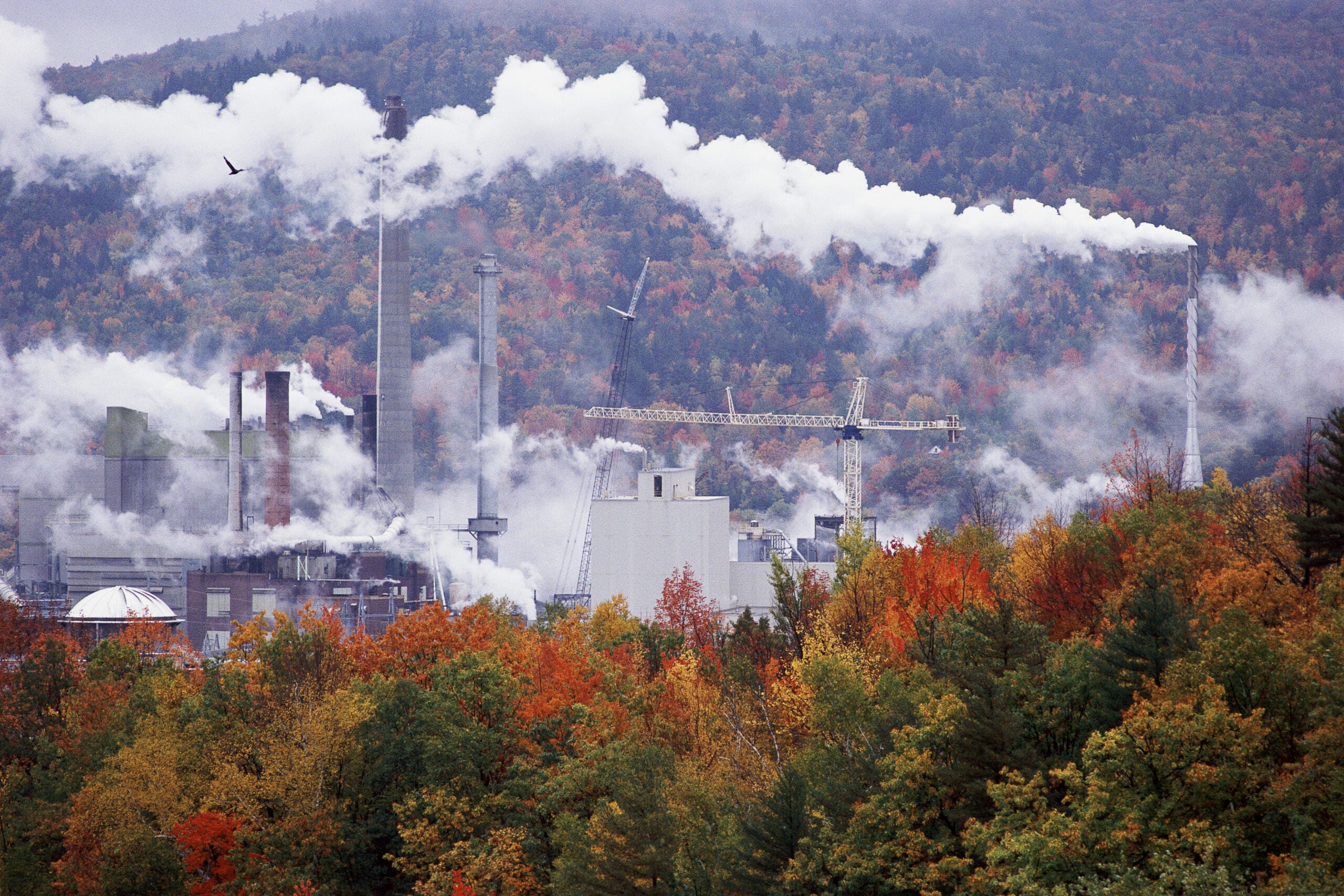Protecting The Environment Protects Us All
Darrell Byers, Vice President of Development at Earthjustice, describes the moment that he realized that the violation of the environment is a civil rights issue.

This page was published 10 years ago. Find the latest on Earthjustice’s work.
My recognition of the need for healthy communities for all began at an early age.
Growing up, if I happened to be standing across from the chemical plant that my father worked at when the wind changed direction, I smelled its presence and immediately knew it was not a good thing. I remember asking my father if it was safe for the surrounding community to breathe that noxious air. What didn’t occur to me at the time was how that air may have been negatively impacting my father and his co-workers.
When I entered 8th grade, my father began to have seizures so severe that he snapped his spine on four separate occasions, leaving him unable to work by the time I entered 10th grade. Every year it seemed that more of his co-workers would pass away due to an unusual illness. Many of his co-workers were men of color with high school diplomas. They had no voice, no options. They worked solely so that their sons and daughters could become the first in their families to attend college.
In 2002, I watched a 60 Minutes piece that focused on the manufacturing of toxic resins in a small town in Alabama that later led to polychlorinated biphenyl (PCB) contamination in the environment. I realized that my father had helped manufacture the same product in Massachusetts. I told him that he and his co-workers should file a class action lawsuit. He replied, “There are only three of us left that made that product.” Within two years, only one of these workers remained, and it wasn’t my father. As in Alabama, many of my father’s co-workers died from unusual cancers, but unlike my hometown, this Alabama neighborhood is now a ghost town. It was that moment that I realized that the violation of the environment is a civil rights issue.
Today, I am proud to be part of an organization that was born from the success of the NAACP Legal Defense Fund. Earthjustice fights because everyone deserves the right to a healthy and clean environment. As an African-American, I am one of a few (but growing) number of people of color who have joined this fight. I’m also one of the few African Americans who holds a senior position of power at a national environmental organization, but I am hopeful and confident that this is changing. We can—and must—be better.